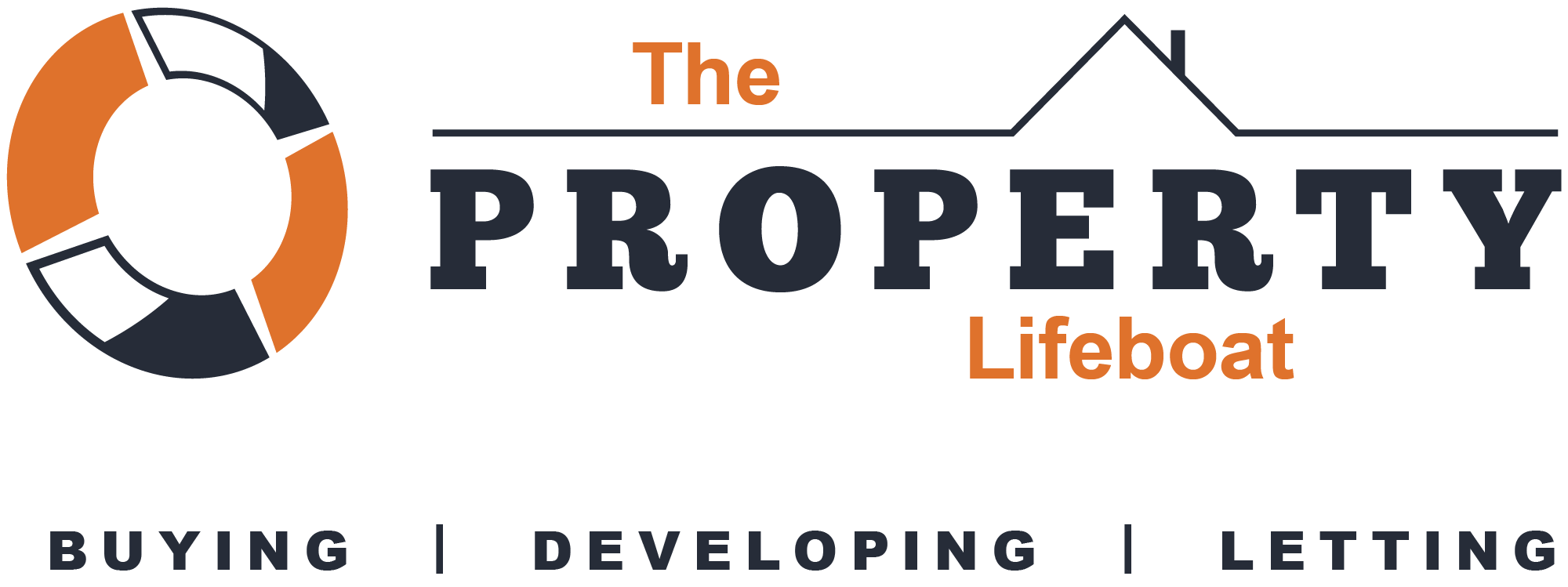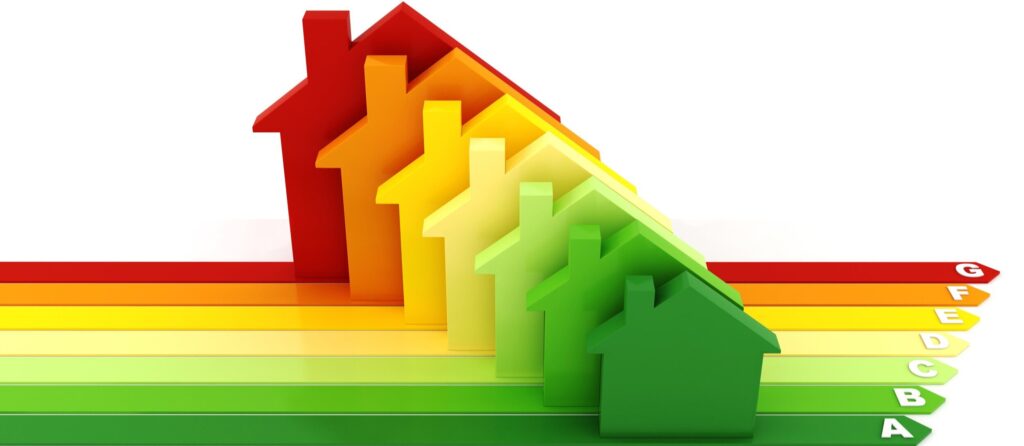With the government’s continued drive to improve the energy efficiency of properties in the private rented sector, plans for making the necessary modifications and improvements should be on every landlord’s mind.
The government has launched several schemes over the years to help with the cost of implementing these necessary improvements. Here is an overview of all the schemes, some of which may be applicable to your energy efficiency improvements:
1) The Boiler Upgrade Scheme (England and Wales)
This scheme was announced back in October 2021 under the government’s Heat and Buildings Strategy and will run until 2025. It provides one grant per property to help cover the cost and installation of low carbon heating systems such as heat pumps, at:
• £5,000 for an air source heat pump
• £5,000 for a biomass boiler
• £6,000 for a ground source heat pump
2) VAT relief on energy saving materials (England, Scotland and Wales)
Until 31 March 2027, zero-rate VAT will apply to the installation of certain energy saving materials in residential properties. The supplier should charge landlords the reduced rate. The zero-rate can also apply to additional goods and services involved in the installation. For example, VAT on the installation of an air source heat pump, together with new radiators and pipework, can be charged at zero, as the radiators are necessary to benefit from the heat pump.
3) A Green Deal Loan (England, Scotland, and Wales)
Although the Green Deal Scheme was originally a government initiative, it switched to private backing in 2015.
This loan can be put towards a number of improvements, such as insulation, heating, draught-proofing, double glazing, or renewable energy generation, such as solar panels or heat pumps.
Green Deal loans are repaid through electricity bill payments. The repayments shouldn’t exceed the savings you made on your energy bill, but that doesn’t mean that your bills savings will match the loan repayments, as it doesn’t take into account increases in energy prices. The loan is also linked to the property so it would pass to the new owner if you were to sell the property.
4) Energy Company Obligation Grants (England, Scotland, and Wales)
If landlords have any qualifying tenants from low-income and vulnerable households, the tenant may be able to access an Energy Company Obligation (ECO) grant to support energy efficiency improvements.
This isn’t a government grant, but an “obligation placed on the largest energy suppliers to support households”.
If your property has an EPC F or G rating, the grants must go towards upping that rating to band D or above. Landlords can encourage eligible tenants to apply for the grant.
5) Empty Property Grants (Regional funding)
Local councils may also be able to help financially support landlords to make energy improvements to their properties. Empty homes grants can help cover thermal upgrades to windows, boiler work and insulation, on properties that have been empty for at least six months. There would be certain restrictions in place – such as not being able to sell the property within five years of receiving the grant and having to rent the property through the council’s private leasing scheme for that five-year period – but for landlords in it long term, looking into any similar local schemes could be an option.
6) Smart Export Guarantee (England, Scotland, and Wales)
For properties that already have renewable energy, the Smart Export Guarantee (SEG) pays customers for renewable electricity they’ve generated and put into the grid.
This could be solar, wind, hydro, micro combined heat and power, or anaerobic digestion. Some of these energy sources may also be covered by the zero-rate VAT mentioned earlier, if you are considering upgrading to renewable energy.
Landlords will need to sign up to an SEG tariff with a big energy company, to ensure they’re not simply giving away their energy to the National Grid for free. It is advised to shop around for the best tariff.


